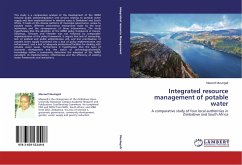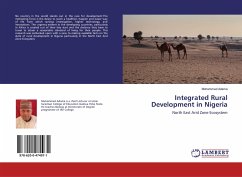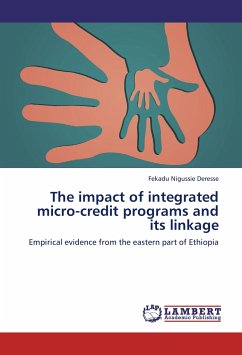This study is a comparative analysis of the development of the IWRM induced public policies/legislation and services relating to potable water supply and their implementation in selected cases in Zimbabwe and South Africa. It looks at the diverse patterns of municipal governance, access to potable water, different intervention mechanisms made by the local authorities and the consequences of these interventions. The study hypothesises that the adoption of the IWRM policy framework in Harare, Masvingo, Tshwane and Vhembe was not followed by comparable implementation of the policy framework. It argues that lack of ownership, lack of political and public administrative will, and low prioritisation of potable water supply translated into a lack of policy implementation and enforcement, and a lack of adequate institutional facilities for dealing with potable water issues. Furthermore it hypothesises that the level of economic development and the status of technological/scientific knowledge within a community determine the adoption of the IWRM paradigm, its implementation, effectiveness and the efficiency of existing water frameworks and institutions.
Bitte wählen Sie Ihr Anliegen aus.
Rechnungen
Retourenschein anfordern
Bestellstatus
Storno








